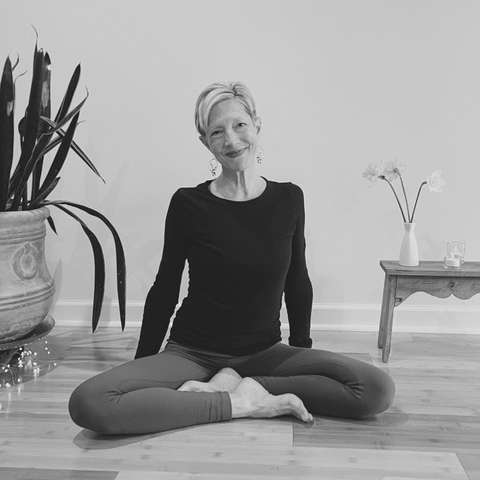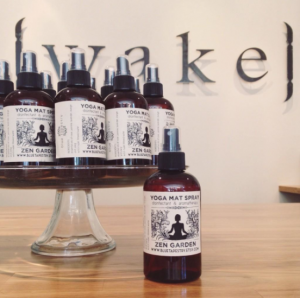
 Spotlight on Ylang-Ylang
Spotlight on Ylang-YlangYlang-Ylang means flower of flowers’ and is pronounced “lang-lang”. It is a tall tropical tree that grows up to 65 feet high and has large delicate flowers in shades of yellow, mauve, or pink. It is indigenous to tropical Asia, but the most prized oil comes from Madagascar and the Comoros Islands.
The most common uses of Ylang-Ylang are to alleviate mental stress and anxiety, to tone and strengthen the heart and circulation, and as an aphrodisiac and remedy for sexual conditions such as impotence.
In Indonesia ylang-ylang blossoms are customarily strewn over the bed of newlywed couples before their wedding night to enhance loving and amorous feelings. The anthropologist, Margaret Mead, in her famous studies of Samoa, reported that native Samoans also used it for an aphrodisiac effect.
Indonesians also used its oil to treat cuts, itchiness resulting from insect bites and stings, rashes, and even to bring down a fever. On the island of Tahiti, a tribe called the Bori Bori used Ylang-Ylang tea as a medicine to treat diseases such as typhoid, malaria, and diarrhea.
Here in the West, Ylang-Ylang oil is commonly used to add spicy floral noters to perfumes such as the well-known Chanel No. 5.
Ylang-Ylang oil can be found in many spas. Its calming effects can create a relaxed mindset that makes the whole spa experience more enjoyable. At Wake, Ylang-Ylang can be found in our Wake Brand Body Wash and Zen Garden Yoga Mat Spray. Wake
What is your experience with Ylang-Ylang? Relaxing aphrodisiac, or not?

